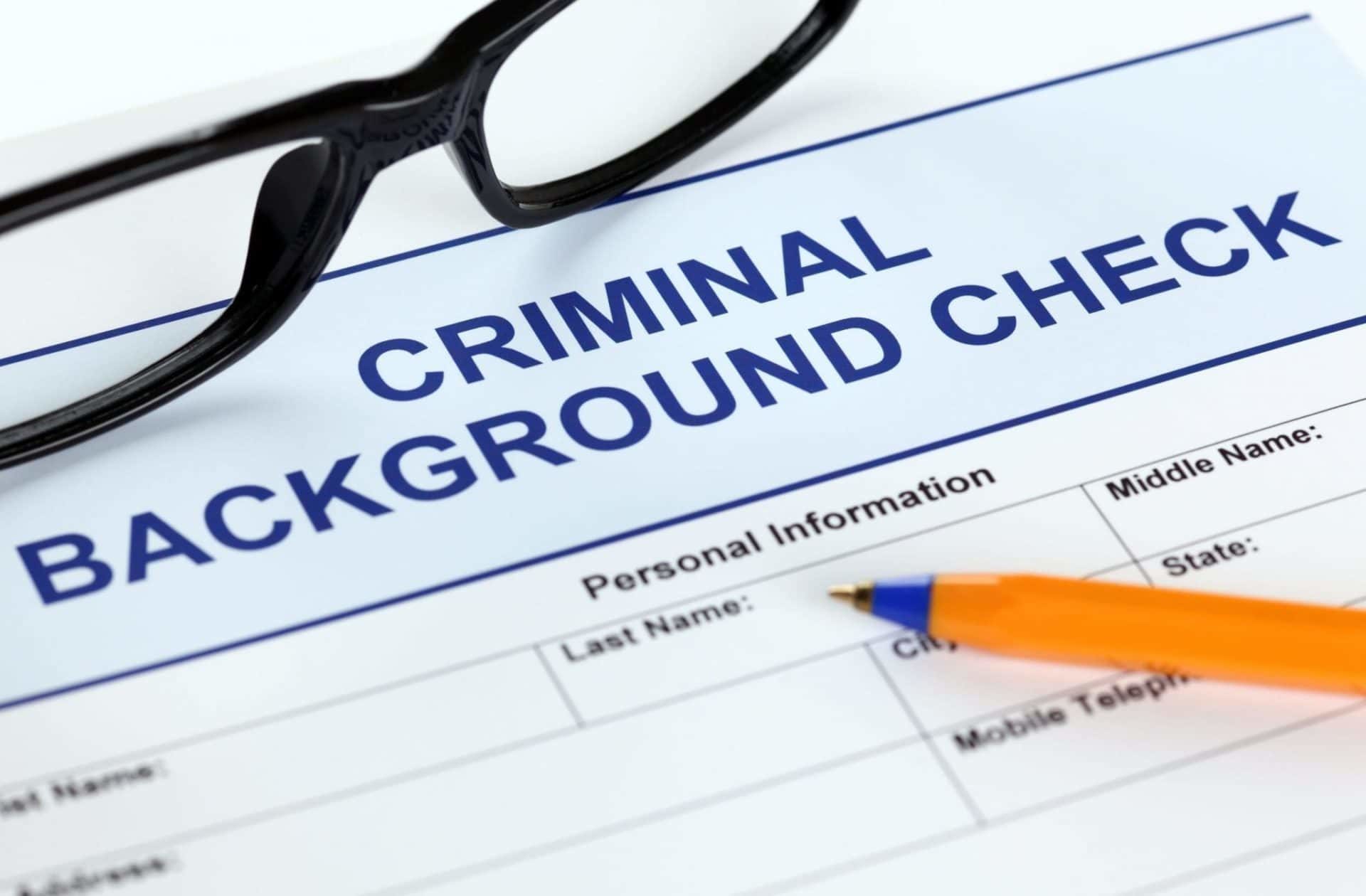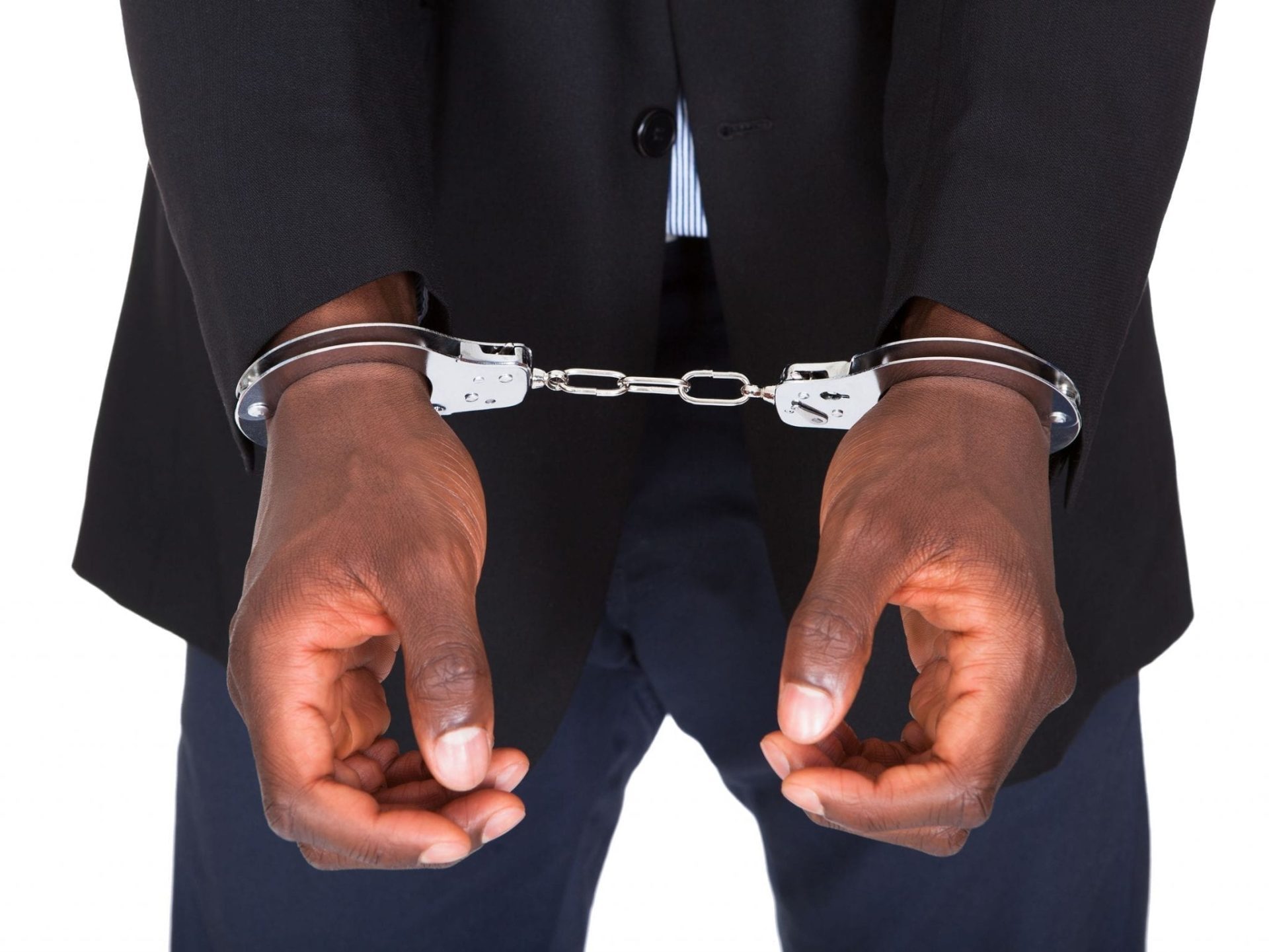Jussie Smollet: When Making a False Report Is a Felony
These days, everybody wants to talk about Jussie Smollet, and it’s understandable why – the twists and turns in the case feel like we’re watching a TV courtroom drama unfold in real life.
At times like this, though, it’s important to remember that there are real people being affected.
That’s something I had in the back of my mind while I was fielding calls left and right to talk about the Smollet situation with various publications and media outlets over the past few weeks. This is not a show. It’s real. And people need to understand the very serious legal ramifications involved and how they came about.
Just in case you haven’t been glued to the news for every new revelation, here’s a quick rehash. On January 29, 2019, Empire actor Jussie Smollet, who is black and identifies as gay, reported that he had been attacked by two masked men shouting homophobic and racist comments while walking home from dinner in downtown Chicago.
However, the story took a dramatic turn. Men who had been identified as suspects in the case and arrested in Chicago testified before a grand jury that they were actually Smollet’s acquaintances and had been paid by him to carry out the attack.
Now, he has been charged with a felony for filing a false police report and many people who previously supported him are turning their backs. Smollet could end up spending 1-3 years in prison and have to pay a $25,000 fine if convicted.
Here’s the thing, though. While anyone who files a false police report in Illinois can technically get hit with these penalties, most people don’t. In fact, most aren’t charged at all, or if they are, it’s with a misdemeanor.
So, why then is Smollet facing a felony?
False Reports in Illinois: Misdemeanors or Felonies?
This is one of the questions our law office was recently asked to comment on.
As I relayed to various media outlets, the charge Smollet is facing is fairly uncommon. In Illinois, filing a false report is something that falls under the umbrella of disorderly conduct, and in most cases it’s something that might get you a misdemeanor charge and result in probation.
However, Smollet’s situation is different for a couple of reasons.

For starters, he has a criminal record for getting a DUI in 2007. That’s strike one, but it gets worse. When he was arrested for that DUI, he reportedly lied to police about his name, claiming to be his brother. In other words, he has a history of giving false information to police and was even charged with false impersonation at that time.
Moreover – fair or not – prosecutors are likely to face pressure not to be lenient because this case has become so high-profile. As I said in my interview, “Prosecutors tend to be tougher because everybody’s watching… I think they may come down hard, in terms of not reducing it to a misdemeanor.”
Are There Criminal Consequences If a Regular Person Makes a False Police Report to Illinois Cops?
The short answer is yes. Prosecutors will look at factors such as the seriousness of the false allegations, and potential motives that the defendant may have had for filing a false police report.
Importantly, this charge only applies when the alleged crime victim knowingly makes a false report when no actual criminal offense took place. Even if the crime suspect is later cleared by investigators, the alleged victim will only face legal consequences if it’s clear that the report was fabricated or a material omission.
What exactly is a material omission? For example, if you call the police and state that your boyfriend hit you with a rock, but intentionally leave out that the rock was thrown by a lawnmower when your boyfriend was mowing the yard and hit a rocky patch, this could be considered a material omission. In this case, you would have deliberately created the false impression of an intentional act on the part of your boyfriend.
Lessons learned?
If you feel you are the victim of a crime, you absolutely should report it to police. If this is your legitimate belief, you will not face legal consequences regardless of how the investigation turns out.

However, deliberately making a false report for some form of personal gain is a criminal offense, and one that prosecutors may take very seriously. Just ask Jussie Smollet.
About the Author:
Andrew M. Weisberg is a former felony prosecutor who now serves as a defense attorney in the greater Chicago area. He has extensive experience in handling all types of criminal cases, from sex offenses and domestic violence to retail theft-related crimes, murder, and drug crimes.







 Blog Home
Blog Home 










